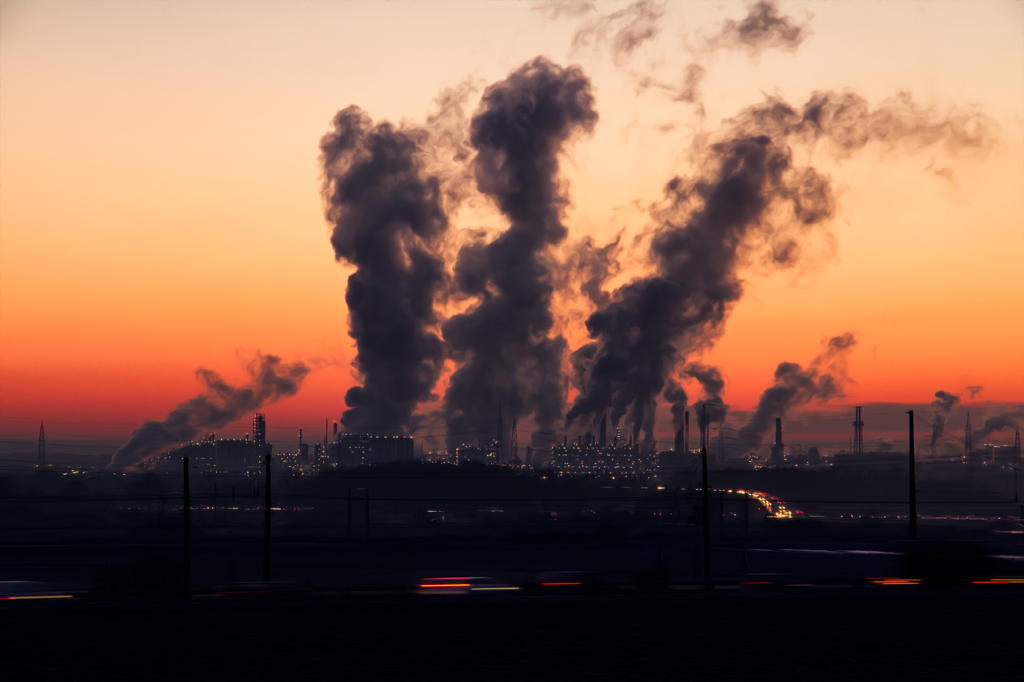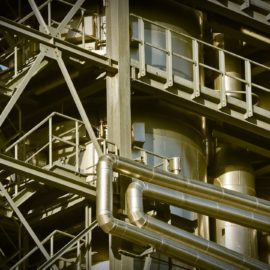
We are an oil state sung to the tune of We are the Champions. But it costs us.
Is $18,000 a year too much for a multimillion-dollar company to spend warning neighbors when the poison it pumps into the air has become life threatening? Is the giant petrochemical industry facing an existential threat from a tiny group of Louisiana community environmentalists insisting on that safety? If you’re a prominent political or business leader in Louisiana, the answer to both is often “Yes!” The story behind those answers goes a long way to explaining why. U.S. News and World Report ranks Louisiana worst among all states for total pollution and third from the bottom in industrial toxins and health risks from pollution. And the American Medical Association reports that Louisiana citizens have one of the shortest life spans in the United States — and hence in the western world.
nola.com
This is the story behind it.
That story began decades ago when Louisianians began electing politicians who sell public safety to industry. They protect them from environmental regulations, and spent $23 billion in Louisiana taxpayer giveaways over 20 years to invite and keep the poisoners here. And they are poisoners. Their environmental permits are really pollution permits. They are allowed to spew toxins at levels which, when diluted over enough landscape, research predicts will have only a low risk of causing sickness or death. But these very complex facilities sometimes emit levels that can be life-threatening during accidents. Now, you would think our government — whose first responsibility is to our safety — would want each plant to have monitors at its borders sounding alarms to alert nearby residents when those limits are breached. But the state Department of Environmental Quality has only 64 monitors across the state to monitor emissions at more than 450 plants. For years, communities pushed for regulation requiring each plant have a monitor, but they were always defeated by industry lobbyists. Then this year seemed to be different when such a bill moved out of Senate committee. Then it was killed by Senate Finance Committee chairman Mack “Bodi” White, R-Central. White, whose home parish of East Baton Rouge earned a failing grade for air pollution by the American Lung Association, said the annual $18,000 cost per plant estimated by the state was just too high for these wealthy companies. “If you overburden them, they will leave,” he said.
They latch onto a reason and then, despite change around it, they never change their tune.
That’s the same red herring the petrochemical industry has been throwing at reformers for 80 years. It’s like saying the owners of a gold mine will leave. And this industry’s “gold” is the state’s natural resources required for their production processes, the tax incentives and the ports linking them to markets. If anything, the state has them over a barrel. White’s objection is likely only an opening shot in a very ugly war. The state’s petrochemical industry has begun raising millions to fight grassroots environmental groups after Cancer Alley greens stopped a giant plastic plant. These entitled companies felt so aggrieved after that unprecedented loss they formed the Louisiana Industry Defense Council — now called the Louisiana Industry Sustainability Council. The demagoguery started immediately. They cried because these small local groups demanding less poisonous air were being funded by “out of state” sources like Michael Bloomberg’s Beyond Petrochemicals campaign. Of course, they failed to mention that the out-of-state members of the “defense council” include some of the wealthiest companies on the planet, including Chevron, Dow, Entergy, BASF and ExxonMobil. Or that out-of-state groups have spent millions over the years lobbying against our safety.
Petrochemical defense sustainability, wait sustainability? Green washing this is.
The most depressing thing for Louisiana is that the organization includes business groups like chambers of commerce. They must still believe that a cleaner environment and healthier residents are bad for business. But when you combine one of the nation’s highest health risks from pollution to the growing and costly impacts from climate change, you wonder what business would want to locate here anyway. Except polluters.
Another Bob Marxhall writing.



